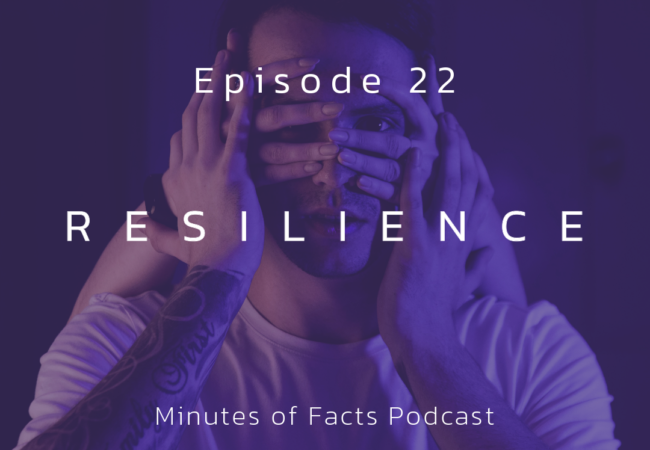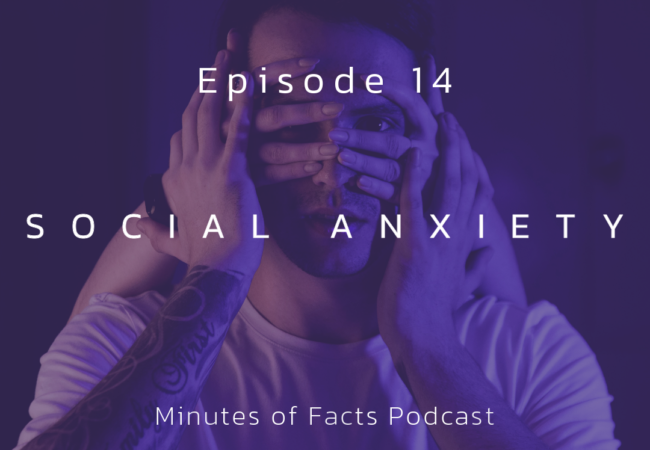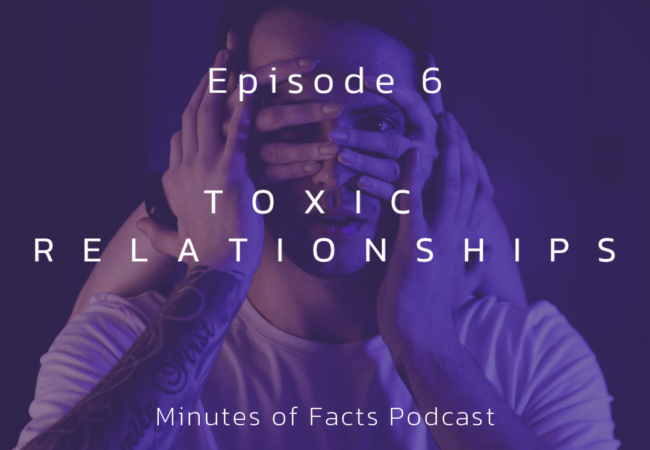

INTRO:
What is emotional maturity, and why are so many people emotionally immature?
How to deal with immature people?
This is what we will talk about in this episode. Welcome to minutes of facts podcast
What is emotional maturity:
Emotional maturity is basically about how you manage and understand your emotions. Broadly, it refers to your ability to handle your emotions in a balanced and thoughtful way.
It’s not about suppressing your feelings but about understanding them, recognising their impact, and responding to them appropriately.
Emotional maturity is about recognising — and accepting — that life is full of ups and downs, with plenty of unforeseen challenges coming our way, and choosing to stay calm under pressure.
It’s about choosing to see mistakes as learning opportunities, rather than failures, and being humble enough to actually learn what you need to learn from them.
Why emotional maturity matters for good mental health:
We can’t deny that being emotionally mature is important for your mental health because it makes you more resilient, allowing you to bounce back from setbacks quickly and manage your emotions effectively…
Recognising and addressing your emotions before they escalate reduces anxiety and depression, and emotionally-mature people tend to use healthier coping mechanisms,
like talking about their feelings or practicing mindfulness, which boosts self-esteem and improves decision-making.
When you’re emotionally mature, you’re more equipped to navigate life’s ups and downs without getting stuck in negative patterns, and you’re able to view challenges as opportunities for growth rather than enormous obstacles.
By fostering a healthy and positive relationship with yourself and with others, emotional maturity equips you with the tools to navigate life’s emotional landscape with confidence and ease, leading to a healthier and more fulfilling life.
Overall, emotional maturity brings you a sense of inner calm and confidence, and it can equip you to navigate life’s challenges more effectively.
How to handle emotional immaturity in others:
- Set clear boundaries:
Boundaries are how you protect your emotional wellbeing and ensure that your needs are being respected, and they’re crucial when it comes to dealing with the emotionally immature.
- Stay calm and composed:
Which is a nice way of saying ‘don’t get involved!’ or ‘don’t take the bait!’.
Maintaining your composure is essential when faced with emotional outbursts, because it prevents the situation from escalating and allows you to respond thoughtfully.
Stay calm by practicing deep breathing techniques and reminding yourself that their behaviour isn’t personal.
- Focus on your feelings:
Which means to focus on your own perspective rather than blaming the other person.
Try framing your concerns with statements like, “I feel upset when…” or “I need some time to process this.”
You’ll find this approach encourages open communication and allows for a more constructive dialogue.
- Don’t engage in power struggles:
Emotionally immature people often try to be the one in control, and avoiding this helps prevent unnecessary conflict and maintains a more peaceful environment.
Stay focused on the issue at hand and don’t get drawn into arguments about who is right or wrong.
If they try to provoke you, calmly steer the conversation back to the main topic and refuse to engage in blame games.
- Offer constructive feedback:
So, providing constructive feedback can help emotionally immature individuals grow because it provides them with specific examples and actionable steps for improvement… it just needs to be delivered in a thoughtful way at an appropriate time!
Offer feedback when things are calm, and be clear, concise, direct, and positive.
- Limit your expectations:
Which is about preventing disappointment, letting you accept the person as they are (instead of trying to change them, which you can’t) and it focuses you on what you can control, which is yourself (and what you choose to do and say).
Limit your expectations by acknowledging that the other person may not change overnight, or at all. Instead, focus on your responses and how you can maintain your emotional wellbeing, which reduces frustration and helps you stay grounded.
- Decide whether or not to continue to engage with them:
Knowing when to step back from an emotionally immature person is crucial in order to protect your emotional energy and maintain balance in your life.
Evaluate the impact of the relationship by asking yourself if it brings more stress than positivity.
Consider a trial period of limited interaction to see if it improves your mental state.
If the relationship consistently drains you and the person shows no signs of improvement, it may be best to distance yourself.
Prioritise your own wellbeing and don’t hesitate to step back from harmful or toxic relationships.
OUTRO:
Thank you for your time and support. Let me know your insights regarding this subjects, by leaving a comment below.
Reach us out on instagram for further content, all about mental health and wellbeing.
Stay safe and healthy. Talk to you next time!







